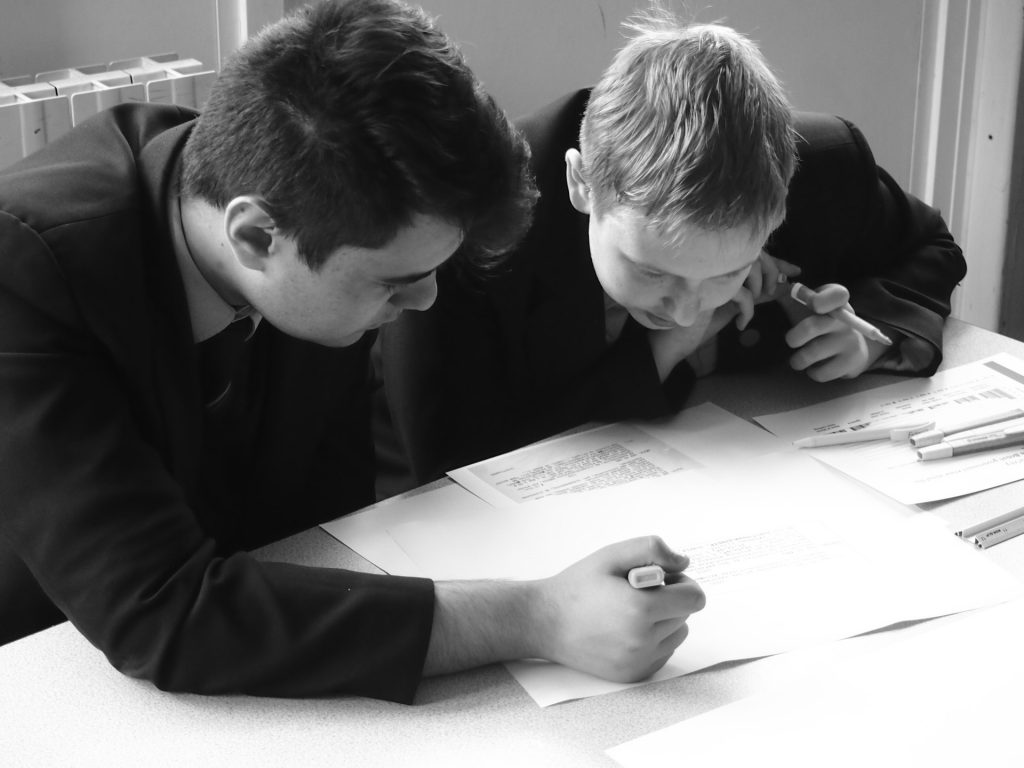26 July 2013
By Stuart Foster
Recently, the Government unveiled its plans to mark the centenary of the First World War. £50 million has been earmarked for a five-year commemoration. The first group of events on 4 August 2014 include a service for Commonwealth leaders at Glasgow Cathedral. More national events will follow on the anniversaries of key dates including the Gallipoli landings, the Battle of Jutland, the first day of the Battle of the Somme, the first day of Passchendaele and Armistice Day.
A key part of the plans will be the opportunity for teachers and pupils from every state-funded school in England to visit the battlefield sites on the Western Front between 2014 and 2019. On 10 June, Maria Miller, the Culture Secretary, confirmed that the IOE, along with the STS Travel group, had been awarded the £5.3 million contract to run this prestigious project.
She said: “On 4 August 1914 we entered the war – a war like no other the world had seen. It is right we remember and mark the centenary of this momentous day in the world’s history, bringing its importance alive for younger generations and remembering the price that was paid by all involved.”
The Government’s plans for the centenary have already attracted some controversy, particularly for what Sir Max Hastings describes as its “non-judgemental” approach, with little attempt being made by politicians to focus on the reasons behind the First World War for fear perhaps of upsetting Germany, one of the UK’s key EU partners.
Speaking on the Today Programme, he said: “they were not willing to say outright what the historians I most respect believe, which is the First World War was not morally different from the Second World War – it was an unspeakable experience for Europe and the British people, but it was for a cause worth fighting. The centenary ought to be an opportunity to try to explain to a new generation reared on Blackadder and not much more just what the war was about.”
One of the challenges for the IOE in creating an education programme to complement the centenary battlefield tours will be to help teachers and their pupils to engage with different historians’ interpretations of the First World War, to think critically about the causes, how the war was perceived at the time, and to go beyond the popular cultural view that has emerged since that the war was an exercise in futility exacerbated by incompetent military leadership. It is worth remembering, for example, that Field Marshal Haig, famously characterised by Alan Clark as one of the officer “donkeys” who led the foot-soldier “lions”, was given a hero’s welcome at the conclusion of the war. Sir Hew Strachan, a prominent First World War historian, argued in The Sunday Times that, “there has to be some engagement with the fact that the war was fought by a united country which came out on the winning side. Simply saying that it was a waste fails to tackle the issue as it was understood at the time.”
As a starting point, the IOE is working with the Universities of Northumbria and Exeter to carry out the first ever national survey of English and history teachers into how the First World War is currently taught in schools. Through this it should be possible to gauge the level of understanding that exists, what perceptions teachers and pupils have of the First World War, and what needs to be done to develop an education programme that tackles head on some of these issues. What really matters is that current and future generations of young people begin to understand the war properly and appreciate that its reverberations are still felt today.
Filed under Teaching, learning, curriculum & assessment
Tags: Alan Clark, Armistice Day, Battle of Jutland, centenary battlefield tours, Centre for Holocaust Education, Field Marshal Haig, First World War, Gallipoli landings, Maria Miller, Passchendaele, Sir Hew Strachan, Sir Max Hastings, Stuart Foster, University of Exeter, University of Northumbria, Western Front, WW1
1 Comment »

 Close
Close



